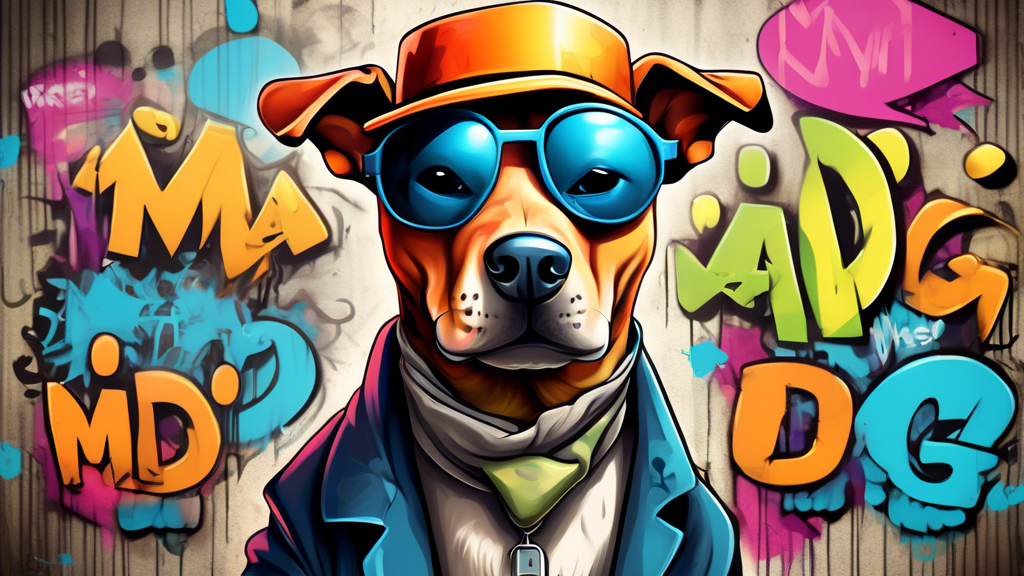Exploring the Meaning Behind the Slang Term ‘Mad Dog’
Understanding the Slang Term ‘Mad Dog’
In the diverse landscape of slang, the term Mad Dog carries several connotations and uses, all of which paint a vivid picture of its evolving meaning in different contexts. Originally from the English language, this phrase has permeated various cultures and subcultures, adapting unique definitions and sentiments along the way. In this article, we will delve into the origins, usage, and cultural significance of the term Mad Dog.
Historical Origins and Evolution
The origin of the term Mad Dog is somewhat murky, as is the case with many slang terms whose use percolated through spoken language before entering the written record. Generally, it refers literally to a dog that has contracted rabies and exhibits aggressive and erratic behavior. This literal interpretation has branched into more metaphorical uses over time. Historically, referring to someone as a ‘mad dog’ suggests that they are behaving in an uncontrollably aggressive or irrational manner. The transition from a literal to a metaphorical application reflects the term’s versatility and potent imagery.
Metaphorical and Slang Uses in Society
In a slang context, Mad Dog has been appropriated to describe individuals, behaviors, and even particular looks or glances. Each of these uses taps into the core elements of danger, unpredictability, and fierceness associated with a rabid animal.
- Descriptive Nickname: In many cases, Mad Dog is used as a nickname to describe someone known for their fierce temper or aggressive behavior, often in sports or military contexts. Notably, the moniker has been associated with aggressive public figures and military leaders as a way to highlight their intensity and formidable nature.
- Behavioral Description: Beyond nicknames, Mad Dog also describes behavior that is wildly enthusiastic or overly energetic, akin to a form of recklessness. This usage often appears in informal speech or in descriptions of parties or events where social norms are pushed to their limits.
- The ‘Mad Dog’ Glare: Another interesting usage is the concept of the ‘Mad Dog stare’ or ‘Mad Dogging,’ which refers to staring intensely at someone in a threatening way, often to establish dominance or prepare for a confrontation. This psychological tactic is noted in various cultural narratives, including films and books about gangs and street life.
Cultural Impact and Reception
The term Mad Dog has seeped into various forms of media and popular culture, influencing everything from film titles to music, and even branding. It is a testament to the power of slang to transcend its roots and find footing across different societal planes. Movies and television shows often use characters with the nickname ‘Mad Dog’ to immediately suggest a wild, unpredictable nature, tapping into pre-established connotations for narrative effect.
Moreover, in the world of beverages, ‘Mad Dog’ colloquially refers to a brand of fortified wine, MD 20/20, which itself has connotations of heavy intoxication and strong effects, mirroring the intensity the term implies.
Conclusion
From a rabid animal to a descriptor for intense individuals and behaviors, the term Mad Dog offers a fascinating look into how language evolves and adapts. Its varied uses demonstrate the breadth of contexts in which language can operate, injecting vivid imagery and emotion into everyday interactions. As with many slang terms, Mad Dog holds a mirror to societal values and norms, reflecting both historical perceptions and contemporary realities.
Exploring the Meaning Behind Dreams of Giant Spiders
Dreaming of Black Dogs: Interpretations and Meanings







